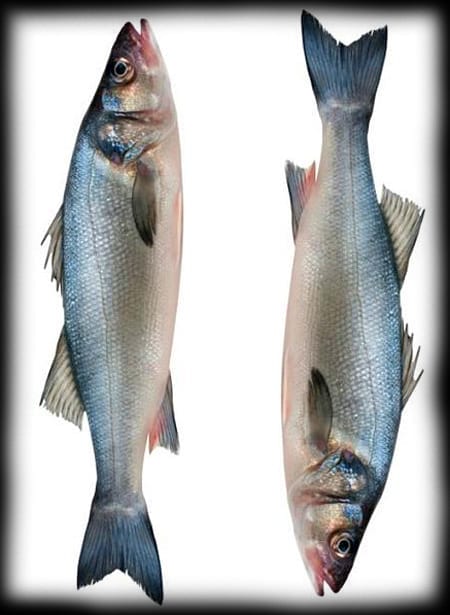By Daniel de la Calle
¤Marine Spacial Planning presents a rational approach to ocean management. The system tries to “allocate space in the ocean allowing compatible uses to coexist, separating incompatible ones, all while protecting the environment”. This video presentation with Philippe Cousteau explains things in more detail:
“The ocean economy in the USA is larger than the entire farm economy and employs almost twice as many people.”
¤We post (almost) all videos that have to do with Ocean Acidification. THIS ONE HERE comes from Tufts’ University Environmental Biology class and it was done by Valerie Cleland, Anne Elise Stratton, Erica Rigby, Zobella Vinik. Artsy.
¤Interesting study funded by The Nature Conservancy (PDF). It is titled “Detecting regional anthropogenic trends in ocean acidification against natural variability” and quoting the authors it shows “that the current anthropogenic trend in ocean acidification already exceeds the level of natural variability by up to 30 times on regional scales. Furthermore, it is demonstrated that the current rates of ocean acidification at monitoring sites in the Atlantic and Pacific oceans exceed those experienced during the last glacial termination by two orders of magnitude.”
¤Scientists from the Instituto de Ciencias del Mar in Barcelona have identified the molecular mechanism that links the increase of water temperature to the inhibition of aromatase. Aromatase is the enzyme responsible for transforming androgens into estrogens, and estrogens are essential in the formation of ovaries in all non mammal vertebrates. So under high temperatures during the larval and juvenile periods of sea bass this epigenetic environmental factor “overwrites” DNA information and turns all initially female sea bass into males.

… which indirectly has to do with what I see as the irrevocable responsibility derived from knowledge, the one that raises the profound moral question of entitlement. We often discuss our choices around the planet and the need for preservation and protection in view of our future survival as a specie. We cry about deforestation in the Amazon jungle imagining all the hypothetical drugs that would have been extracted from plans, fight against overfishing in fear of depletion of a food source, protect air quality with our children’s lungs in mind. This barely raises our status in the animal kingdom to that of a sophisticated predator, exclusively focused like the rest on self preservation, lately becoming a plague to all life matter. I am completely certain that the women and men of the next era, if we do not cause our own fall and hope to deservedly call ourselves “evolved” will fully understand the position of responsibility for our actions, acting as we do now on a planetary scale. Those people of the future will obviously continue to plant, harvest, kill to eat, or for protection, will still want a comfortable and happy life, but they will do it all responsibly, placing first that question of entitlement.
My best buddy jokes that the world is like a public toilet: we all want to walk into the same kind of place. The way each one of us leaves it behind is unfortunately another story.


